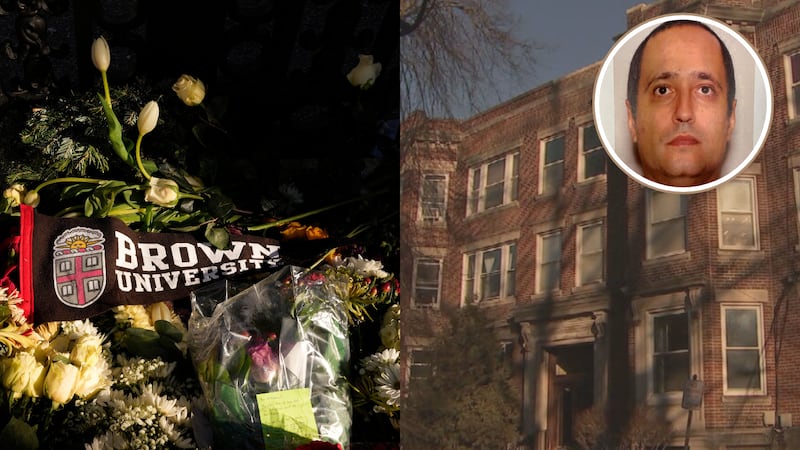BOSTON — Boston residents are going to have to fork over more money to get around the city starting July 1st.
Whether you take the T or drive, a fare and metered parking hike will take effect starting on the first day of the month.
MBTA riders protested the new fare prices on Monday morning as delays persisted on the Red Line and various issues continue to impact service.
>> RELATED: Traffic a concern as grand opening of Encore Boston Harbor nears
The damage at the Red Line's JFK/UMass stop caused by a recent derailment will likely take months more to fix, and the T says it will impact service at least through Labor Day.
For drivers, the new rates might hurt their pockets, but the intent is to actually help alleviate some of the parking woes of trying to find a spot for your car in Boston.
New metered parking rates in effect July 1, 2019:
- Back Bay: $3.75 per hour
- Bulfinch Triangle: $2.50 per hour in the area bordered by Causeway Street, Lomasney Way, Staniford Street, Merrimac Street, New Chardon Street, and North Washington Street.
- Fenway/Kenmore: $2.50 per hour
- South Boston/Waterfront: $3.75 per hour on all City-owned streets, with the exception of D Street, which will be priced at $2.50 per hour.
- Motorcycle parking: $0.50 per hour at all parking stalls. These include those located on Milk Street, Pearl Street, High Street, Batterymarch Street, Newbury Street, Exeter Street, Gloucester Street, Boylston Street, and Fairfield Street.
- All other metered areas of the city: Parking meter rates in other parts of the city, including Beacon Hill, the Financial District and the South End will be set to $2 per hour.
- Logan Airport: Effective July 1, parking at the Boston Logan Airport garage will increase by $3 per day. At the Central Parking Garage, rates start at $29 a day for Economy passengers and $38 a day for regular rate parking.
The new parking meter rates come after a two-year performance parking pilot program conducted by the City of Boston to study traffic in the city. Ultimately, the goal of the program and, consequently, the new meter rates, is to help drivers find more parking in the city.
Reminder: updates to the City’s parking meter fees go into effect beginning on Monday, July 1: https://t.co/AvgjBk6puF
— City of Boston (@CityOfBoston) June 26, 2019
With the additional revenue the parking changes bring, we'll re-invest the funds into projects designed to create equitable, safe & functional streets for all. pic.twitter.com/R8s901sg6t
According to the city, by "raising meter rates in [the] most-congested areas, [the city] can direct motorists to less busy streets to quickly find parking spots." The initiative was also designed to "boost the use of public transportation" and "encourage motorists who intend to park for a long time to use off-street parking."
City officials vow to make improvements to the city's infrastructure by re-investing the funds from the new meter rates into "projects designed to create equitable, safe and functional streets for all."
>> MORE: Study: Heavy traffic in Chinatown caused neighborhood's poor air quality
Cox Media Group






